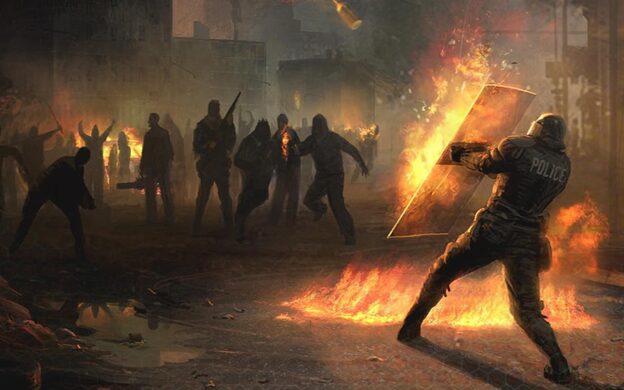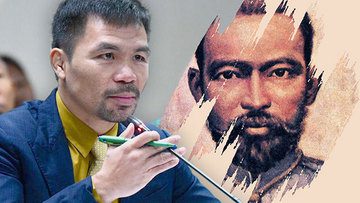The corona virus, known as COVID-19, has disrupted economies, shattered social structures and units, and even annihilated many lives. Different reports from all over the world bring media attention that COVID-19 terrorizes every facet of life. Government leaders and the world public think of the gravity of the situation and work so hard to stop the spread of the virus. Because of this effort, government leaders of each country impose various ways to discontinue the spread of the virus whatever means necessary.
The spread of corona virus popularizes new vocabularies. For example, each region in a country understands the concepts, such as “no face-mask – no entry policy,” “social distancing,” “quarantine,” “lock-down,” “one meter apart,” “stay at home,” and the like. Government leaders and health care officials often use these vocabularies and even create policies to implement to the public. As COVID-19 strikes globally, world leaders must respond to the crisis logically and systematically to ensure the safety of people.
In the Philippines, government leaders take actions and measures to treat COVID-19 patients. They implement rules to enforce community lock-down where only a few people can go outside to buy groceries. Only one of the family members can go outside; however, he or she has to wear a face-mask as “no face-mask – no entry policy.” When this person is outside or in the store, he or she has to maintain a social distance due to the social distancing policy. Wherever he or she goes, he or she has to maintain one meter apart due to one-meter-apart policy so that the COVID-19 cannot transmit to others.
However, the social distancing policy receives negative remarks from some people. For some people, they consider the social distancing policy funny since two people cannot go together. Even if they are couples who just walk outside, the police officers will blow a whistle onto them. At some point, the social distancing policy gets people stranded. Local and foreign tourists, for example, cannot go home to their point of origin. A lot of foreigners have to stay for days, weeks, or months for a month or so. Local people from other places cannot even go home due to lock-down or quarantine. The worst thing is that they cannot get support from the government due to complex criteria and measures of who can receive the Social Amelioration Program (SAP). Even if all people receive the kilos of rice and canned goods, those relief food packages are inadequate. Due to hunger and depression for one month and a half, some people kill themselves. Truly, some people respond to COVID-19 differently to their madness or their death.
Finally, some people try to contradict the government’s edicts. Somehow, they try to infringe on the government’s ordinances to stay at home. They go to the beaches and streets; however, they get imprisoned for doing so. Certainly, many people go to prison due to COVID-19. One day, news reports aired. Some people commit suicide. Out of frustration of the crisis, as well as the government’s lack of action to support the public, these people push the limit of their depression, frustration, and hunger. The Department of Social Welfare and Development (DSWD) that distributes the financial and material support lacks logistics and consideration. The department selects those individuals who can receive financial aid – the SAP aid. The delivery of support services is too slow where the budget has been available. Because of this, people choose to end their lives due to the extreme frustration of the government’s actions. For these people, committing suicide is the only option to make to end their agony. Since they cannot find jobs because all systems, such as business, employment, and social interaction, stop, they cannot survive. They are hopeless. If the Philippine government leaders and the local government units and agencies want to attain the perfection of their functions and roles, they can still save lives apart from the COVID-19 patients.
In the Philippines, government officials work so hard to support others without thieving the money from the people’s taxes, and they save lives. They even beat the corona virus. However, some individuals in government do not think that way. They fail to facilitate support for the poorest of the poor. These government officials, perhaps, will just wake one day that they no longer have people to rescue. Those people that they want to help and rescue are no longer alive. They die from depression and hunger.


